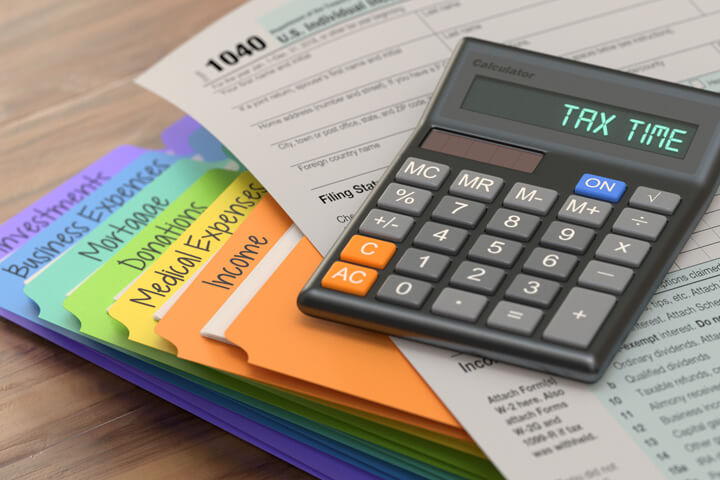What is an EIN number, and do I require one?
An Employer Identification Number (EIN) is a nine-digit number assigned by the IRS to individuals who are required to file various commercial tax forms. Employers, corporations, partnerships, and sole proprietors among other business enterprises utilize EINs. The IRS website has an online form where you may apply for an EIN.
3 Steps to Filing Employment Taxes
You’ll be an employer if your company has people on it, so you must pay and report employment taxes. The following are the main taxes you’re responsible for:

How to File Self-Employment Taxes
You must pay Self-Employment Tax if you are self-employed and earn $400 or more per year. This tax is made up of Social Security and Medicare contributions, which you must pay as a freelancer. These taxes are calculated for most wage earners by their employers, but as your own employer, you have to calculate the self-employment tax on Schedule SE of Form 1040 yourself.
Understanding State Business Taxes
In addition to federal business taxes, you may be subject to state and local taxes. Income taxes and unemployment premiums are the most frequent small company state tax demands. Every state has a corporation or business income tax, as well as payments for workers’ compensation insurance and unemployment insurance.
What You Need to Know About Collecting Sales Taxes
Most items and some services should be taxed, reported, and paid, in accordance with the rules of the state where your business has a physical presence. Sales taxes, on the other hand, vary across states and even cities or counties to counties. To discover sales and use tax rates for your area, go online to your state’s Department of Revenue or Taxation website.

Types of Business Taxes
Individuals are most often concerned about income taxes at the federal and state levels. However, company owners must consider a variety of taxes that may appear on their financial plan:
- Income taxes: All firms, with the exception of partnerships, must submit an annual income tax return to the IRS. Information returns are filed by partnerships. Remember that you must file an IRS Form 1040 every year in addition to filing an individual income tax return using IRS Form 1040.
- Estimated taxes: In most cases, you must make quarterly estimated tax payments to cover income tax on amounts not withheld and self-employment tax. If your anticipated contributions are insufficient to cover the whole year’s tax obligation, you may be fined.
- Self-employment taxes: The self-employment tax is a 15.3% federal levy that must be paid by sole proprietors, general partners, and regular members of LLCs. It covers Social Security and Medicare taxes as well as any other state or federal employment taxes (income tax, unemployment insurance contributions).
- Employment taxes: If you have employees, you must pay federal income tax withheld, Social Security and Medicare (FICA) taxes (your employees pay half while you pay the other half), and Federal Unemployment Tax.
- Sales taxes: Businesses are required to collect and pay sales taxes on their transactions, and they may be required to do so on a repeated basis.
Tax laws are complex. The majority of small business owners use a tax advisor for assistance with tax strategies as well as to handle their taxes. The more knowledgeable you are about the tax system and company taxation rules, the easier it will be for you to work with your tax pro to take maximum advantage of them.
